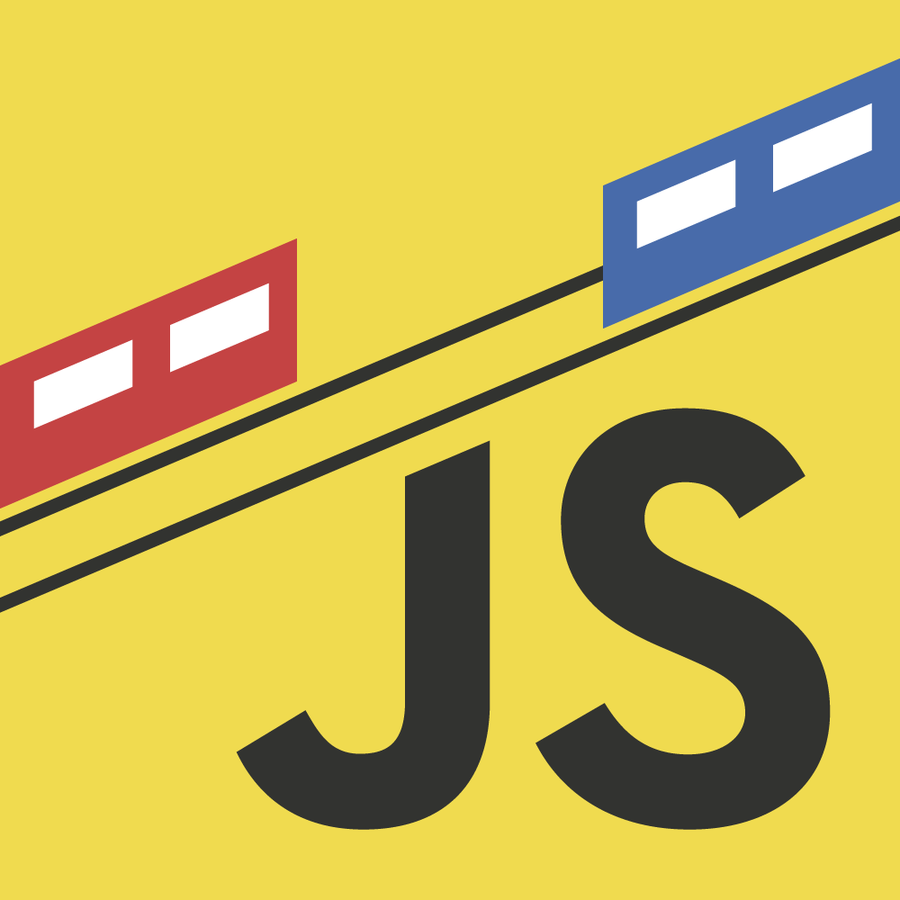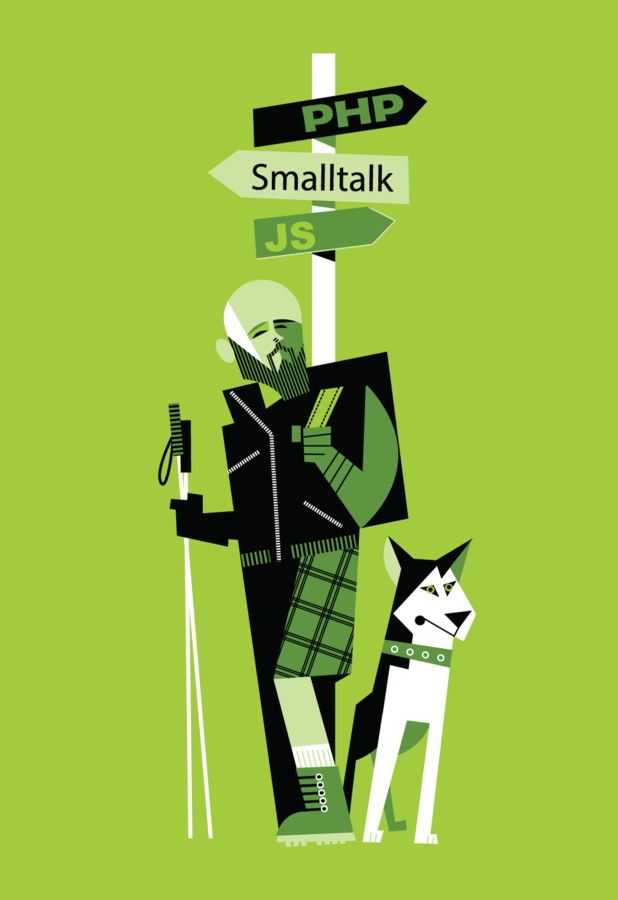No humbug with ES6
Waiting?
Check your dependencies: Node.js + NPM >= 4.2

Raymond Julin / @nervetattoo
Hello world
Raymond Julin
Technology advisor @ Netlife Research
Long time JS wrestler

Session #1
- How to write a function
- Kata
- ES6 goodiebag
- Kata
- Questions
Session #2
- fetch + Promises
- Kata
- Assignment
- Functional programming
- Kata
Setup
git.io/v2Am3
Node.js >= 4.2
How to write a function
a = (a) => (function() { return () => ({a}) }())()
The core of JavaScript
- Functions are values, just like a string
- Functions can be passed as arguments
- Functions can be returned from functions
Constructing a function
function hello (name) {
console.log('Hello ' + name)
}
var hello2 = function (name) {
console.log('Hello ' + name)
}
var hello3 = (name) => {
console.log('Hello ' + name)
}
var hello4 = name => console.log('Hello ' + name)
var h = {
ello (name) {
console.log('Hello ' + name)
}
}
hello('Raymond') // Hello Raymond
hello2('Raymond') // Hello Raymond
hello3('Raymond') // Hello Raymond
hello4('Raymond') // Hello Raymond
h.ello('Raymond') // Hello RaymondNamed vs. unnamed
console.log(hello.name) // hello
console.log(hello2.name) //
console.log(hello3.name) //
console.log(hello4.name) //
console.log(h.ello.name) // elloArrow functions
var random = () => {
var greetings = ['hi', 'hello']
var index = Math.floor(Math.random() * greetings.length)
return greetings[index]
}
var greeting = (greeting, name) => greeting + ' ' + name
var speak = message => {
console.log(message)
}
var scream = message => {
speak(message.toUpperCase())
}
speak(greeting(random(), 'Raymond'))
scream(greeting(random(), 'Raymond'))- Arrow fn with body & 0 arguments
- Arrow fn with multiple arguments & implicit return
- Arrow fn with single argument
Regular function
- Always explicit return
- Same syntax regardless of arguments
- Dynamic scope (this)
Arrow function
- Implicit return unless {}
- () for 0 or 2+ arguments
- Lexical scope (this)
var self = this
getJSON(url, function(data) {
self.update(data)
})getJSON(url, data => {
this.update(data)
})Functions returning functions
function multiply (first, second) {
return first * second
}
function multiplicatorFunction (factor) {
return function (num) {
return multiply(factor, num)
}
}
// Return function
var byFour = multiplicatorFunction(4)
byFour(4) // 16
byFour(100) // 400Functions as arguments
function add (first, second) {
return first + second
}
function arithmetic (factor, operator) {
return function (num) {
return operator(factor, num)
}
}
var byFour = arithmetic(4, multiply)
var addFour = arithmetic(4, add)
byFour(4) // 16
addFour(4) // 8Kata: Functions
open katas/arrow-functions.js
Classes, template strings, default values and destructuring
class Heading {
constructor (title, attributes = {}, tagName='h1') {
this.title = title
this.attributes = attributes
this.tagName = tagName
}
render () {
var attrs = this.attributes
var attributes = Object.keys(attrs)
.map(key => `${key}="${attrs[key]}"`)
.reduce((memo, a) => ' ' + memo + a, '')
return `<${this.tagName}${attributes}>${this.title}</${this.tagName}>`
}
}Syntactic sugar
- Classes are just syntactic sugar
- No more nitty gritty prototypial inheritance
class Greeter {
constructor (greeting) {
this.greeting = greeting
}
speak () {
console.log(this.greeting + ' world')
}
}
var greeter = new Greeter('Hi')
greeter.speak()- Defines the prototype, thus no properties
Template strings
- Interpolate any valid expression
- Write multiline strings without concatanation
var firstName = 'John'
var lastName = 'doe'
var hello = `Hello ${firstName} ${lastName.toUpperCase()}`
// Hello John Doe
var html = `
<html>
<head>
<title>Hello ${firstName}</title>
</head>
</html>`Template strings
- Interpolate any valid expression
- Write multiline strings without concatanation
var firstName = 'John'
var lastName = 'doe'
var hello = `Hello ${firstName} ${lastName.toUpperCase()}`
// Hello John Doe
var html = `
<html>
<head>
<title>Hello ${firstName}</title>
</head>
</html>`Destructuring
- Go easily from array/object into multiple variables
// Destructuring
const input = 'Jane Doe:100 dollars'
const [ name, amount ] = input.split(':')
// Also with objects
const config = {
name: 'Jane Doe',
amount: '100 dollars',
nested: {
name: 'John Doe'
}
}
const {
name,
amount,
nested: {
name: name2 // Specify target variable name
}
} = config
console.log(name, amount, name2);Destructuring
- Go easily from array/object into multiple variables
// Destructuring
const input = 'Jane Doe:100 dollars'
const [ name, amount ] = input.split(':')
// Also with objects
const config = {
name: 'Jane Doe',
amount: '100 dollars',
nested: {
name: 'John Doe'
}
}
const {
name,
amount,
nested: {
name: name2 // Specify target variable name
}
} = config
console.log(name, amount, name2);Spread + rest
- Easily deal with variadic functions
- Variadic => functions handling variable number of arguments
// Spread
const numbers = [1,8,4,5]
const minNumber = Math.min(...numbers)
// Rest
function movieDescription (movie, lead, ...actors) {
console.log(`${movie} featured ${lead} along with ${actors.join(', ')}`)
}
movieDescription(
'The Imitation Game',
'Benedict Cumberbatch',
'Keira Knightley',
'Matthew Goode',
'Rory Kinnear'
)
// Or combined
const support = [ 'Keira Knightley', 'Matthew Goode', 'Rory Kinnear' ]
movieDescription('The Imitation Game', 'Benedict Cumberbatch', ...support)No humbug JS with ES6 ES2015
By nervetattoo
No humbug JS with ES6 ES2015
- 1,122


